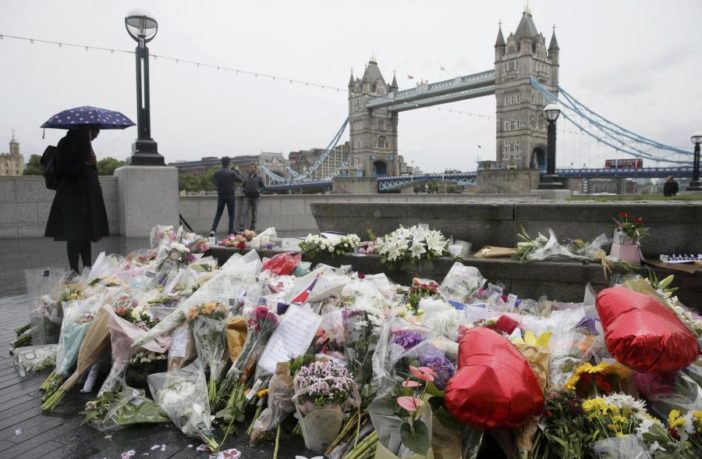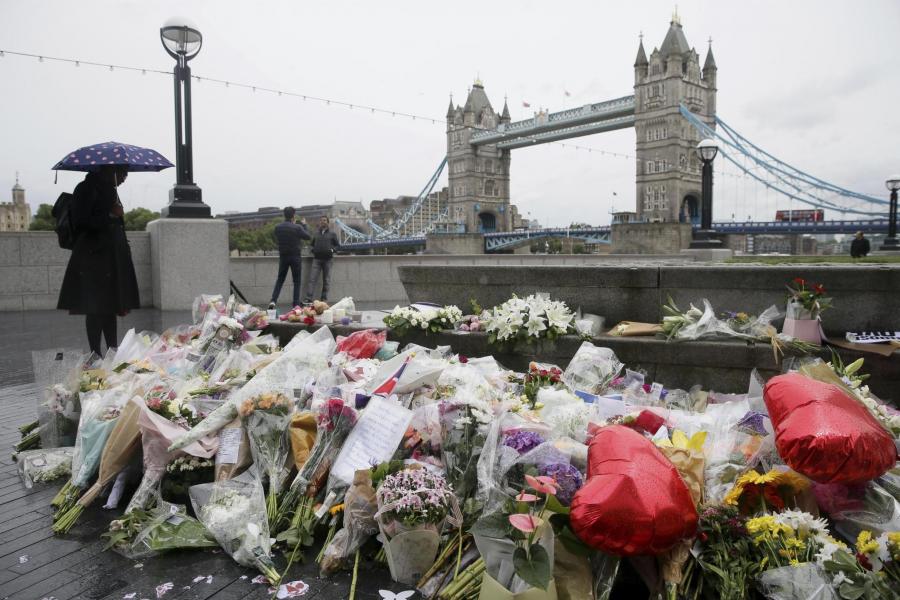eTurboNews.com
By Chief Assignment Editor
The US has extended a European travel alert for its citizens, warning that terrorists continue to focus on tourist sites as attack targets, and that those traveling to the continent should “exercise additional vigilance” around such areas.
The alert, issued Thursday, cites “widely reported incidents” in France, Russia, Sweden, the United Kingdom, Spain, and Finland, adding that the State Department “remains concerned about the potential for future terrorist attacks.”
It goes on to state that extremists are continuing to focus on “tourist locations, transportation hubs, markets/shopping malls, and local government facilities as viable targets.
“In addition, hotels, clubs, restaurants, places of worship, parks, high-profile events, educational institutions, airports, and other soft targets remain priority locations for possible attacks.”
The alert warns US citizens to “exercise additional vigilance in these and similar locations,” adding that terrorists are using a variety of tactics in their attacks, including firearms, explosives, vehicles, and sharp-edged weapons which are “difficult to detect prior to an attack.”
The Thursday alert is an extension of a previous warning issued in May. The current alert is due to expire on November 30, but could be extended once again.
It comes just two weeks after a terrorist attack on a popular tourist street in Barcelona, Spain, killed 14 people and injured 130 others when a driver rammed a van into pedestrians. The driver later fled the scene and killed a 15th victim in order to steal his car and escape.
Nine hours after the Barcelona attack, five terrorists drove into pedestrians in nearby Cambrils, killing one person and injuring six others. All five men were shot and killed by police.
Just one day later, two people were killed and six injured in a knife attack in the Finnish city of Turku, with the attacker reportedly shouting “Allahu Akbar.” Details later emerged that the assailant, originally from Morocco, had been denied asylum in Finland.
Europe has endured a number of attacks by foreign terrorists or attackers of migrant background in recent years, including the June attack in the London Bridge area of the British capital, which was launched by a Pakistani-born British citizen, a failed asylum seeker from either Morocco or Libya, and a Moroccan-Italian man.
In July 2016, a Tunisian man with a French residency permit plowed a truck into a group of people celebrating Bastille Day in Nice, France, killing 86 and injuring more than 400 others.
In March 2016, bombings perpetrated by mostly Belgian nationals of Moroccan descent left 32 people dead and more than 300 injured in Brussels.
Germany’s domestic intelligence agency, the BfV, acknowledged the threat of terrorists infiltrating the continent alongside genuine refugees, warning last month that they could be “possibly entering Europe under cover as part of the migration movement.”
That statement came as many across the country continue to dispute Chancellor Angela Merkel’s open-door policy for those fleeing war and persecution, although the leader said earlier this week that she would “make all the important decisions of 2015 the same way again,” adding that she had no regrets.
However, an April report from Der Spiegel found that thousands of Afghan refugees that had entered Germany admitted during interviews with the German Federal Office for Migration and Refugees (BAMF) that they had either had contacts with some radical Islamist groups in Afghanistan or had directly fought for extremists.
That report followed a July 2016 Pew Research poll which found that the majority of Europeans surveyed feared that mass migration into the continent would increase the risk of terrorist attacks.
A 2016 UN report found that there was “no evidence that migration leads to increase terrorist activity,” and warned that “migration policies that are restrictive or that violate human rights may in fact create conditions conducive to terrorism.”
Europe saw more than 1 million asylum seekers arrive to the continent in 2015 alone, as part of the worst refugee crisis since World War II. Most of the refugees were from Syria, where a brutal civil war has so far claimed the lives of more than 320,000 people since March 2011, according to UN estimates.








